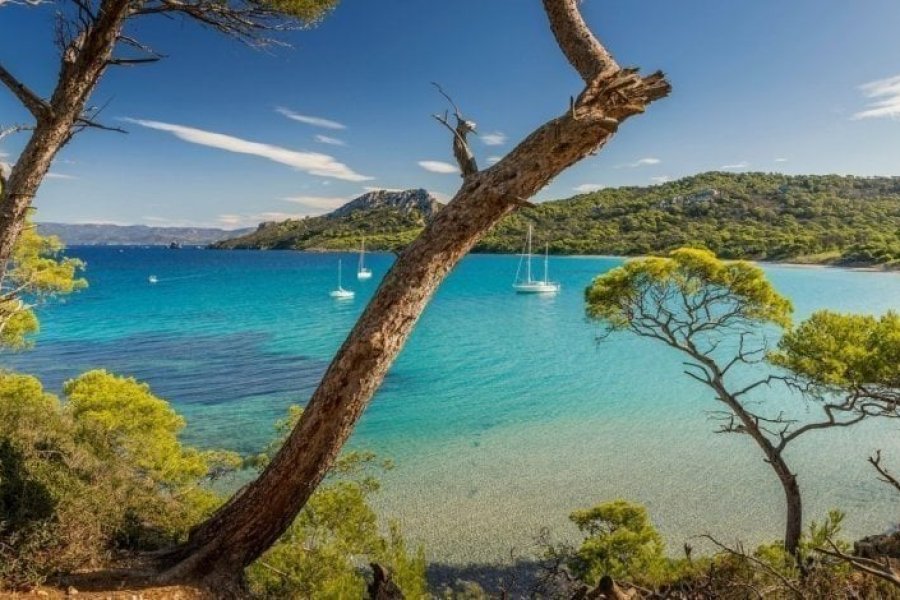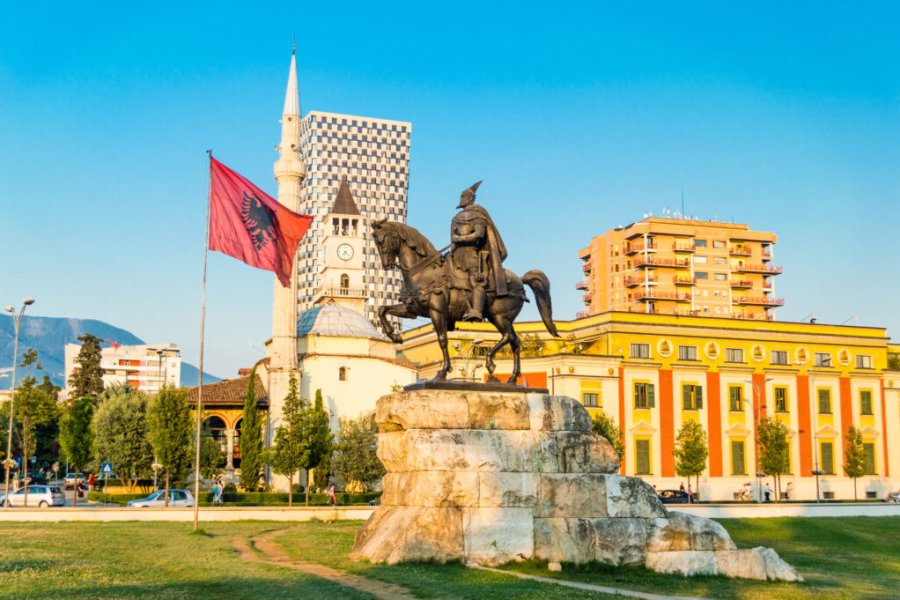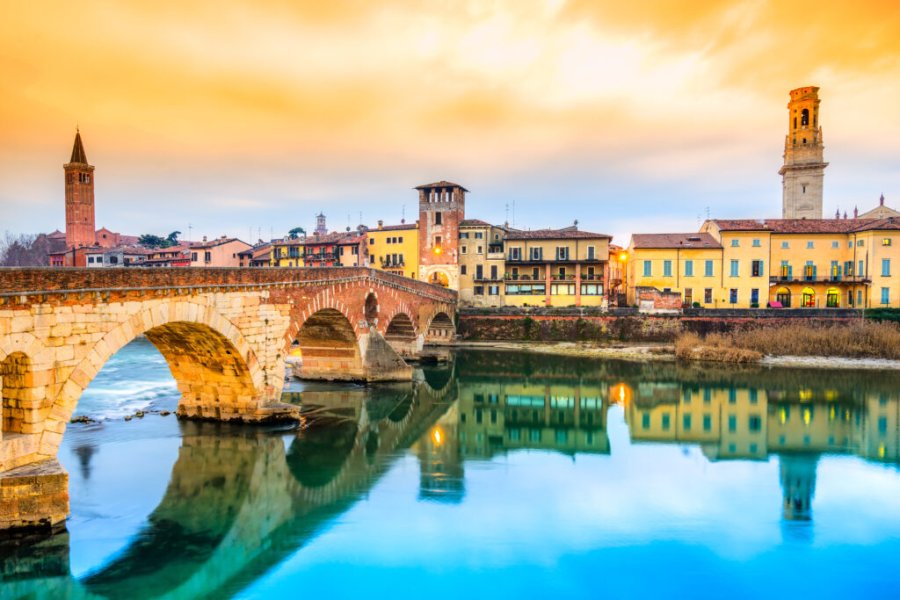Travel Guide Rara Avis
Find an accommodation
Advertising
The reserve, off the beaten track, is above all an experience for travelers in very good physical condition and ready to live in rustic conditions. The American Amos Bien arrived in Costa Rica in 1977 to study the tropical forest. Given the multitude and complexity of the ecosystems he discovered there, he decided to dedicate himself to ensuring their sustainability. He started with La Selva, and then founded the Rara Avis park which currently covers 1,300 ha of tropical rainforest, at 700 m altitude in the foothills of the central cordillera, on the border of the Braulio Carrillo national park, on the eastern flank of the Cacho Negro volcano. The biodiversity of this reserve is extraordinary. There are 367 species of birds - including all kinds of parrots and toucans - out of the 820 that Costa Rica has, and 157 species of orchids. To get a better idea, you only need to know that there are more species of plants, birds and butterflies in this small piece of land than in the whole of Europe combined! The Rara Avis project differs from others in that it approaches the problem of rainforest destruction from an economic perspective. Rather than slapping the fingers of the destroyers, Amos Bien prefers to convince them that it is possible to exploit the forest without losing a parcel of it, provided that the real interests of this particular environment (medicinal plants among others) are known and that good management is applied. Ecotourism is one of the spearheads in the fight against ignorance and profits. Then there are the educational projects that arise from the research conducted in the reserve. For example, a certain variety of palm that grows only in the shade(stained glass palm) was recently rediscovered in the Rara Avis forest: it was thought to be completely extinct in Costa Rica. Its seed was collected to reintroduce it in its habitat and it is now "cultivated" in greenhouses as an ornamental plant. However, there is no question of turning the forest into a gigantic "garden center". It must remain a reservoir of natural life, preserved from intensive cultivation and pollution. Orchids are the object of equivalent research, intended to control their culture from seeds, whereas until now it was necessary to cut the tree on which they grew to harvest the shoot.
Suggested addresses Rara Avis
Weather at the moment
Advertising
Organize your trip with our partners Rara Avis
Transportation
Book your plane tickets
Car Rental
Boat rental
Accommodation & stays
Find a hotel
Holiday rental
Find your campsite
Tailor-made trip
Immersion travel
Services / On site
Activities & visits
Find a doctor
Find unique Stay Offers with our Partners
Other destinations nearby Rara Avis
100 km away



